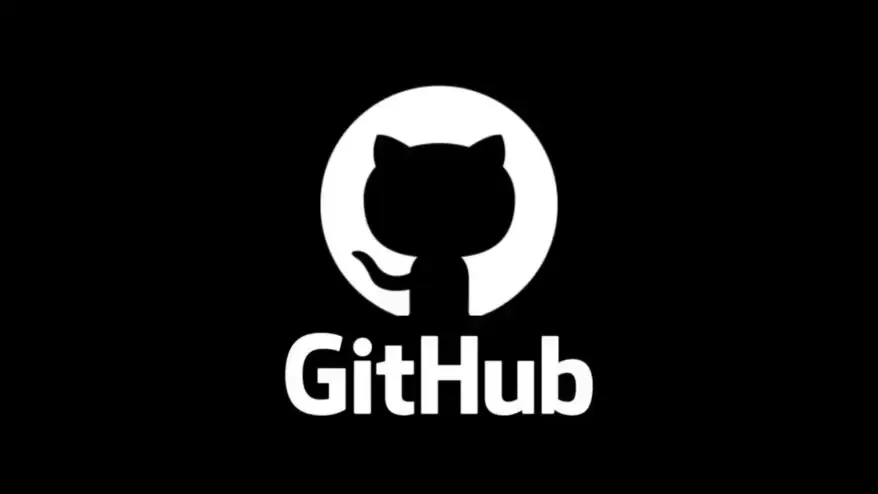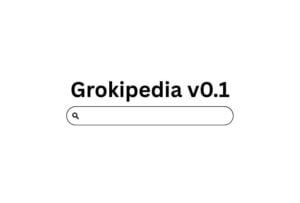Git and GitHub: How Open Source Can Lead to Internships
Imagine having the power to influence the technology used by millions, while learning from some of the brightest minds across the globe—all without needing to leave your home. Imagine being part of a global community of developers, contributing to cutting-edge technology, and landing internships at top companies—all before even graduating from high school or college. Sounds exciting, right? This is the power of open-source contributions, Git, and GitHub. Whether you’re an 8th-grade student just starting out in coding or a professional seeking to expand your career, open-source platforms like GitHub unlock endless possibilities.
My journey into the tech industry began through open source, and it eventually led to my first internship. This article is for anyone curious about how these tools work and, more importantly, how they can open up career paths. Let’s dive into the world of Git, GitHub, and open-source contributions and see how they can help you stand out in a competitive job market.
What are Git and GitHub?
To kick things off, let’s start with the basics. Git is a version control system that helps you keep track of changes in your code. Think of it as a journal that records every change or “version” of your project, making it simple to go back in time and see how things have evolved. Whether you’re fixing bugs or adding new features, Git keeps everything organized.
Now, GitHub takes it a step further by being an online platform where developers can host their Git repositories (folders containing their code) and collaborate with others. In a library, people from around the world could borrow the same book, write notes in the margins, and return it so others could build on their ideas. That’s GitHub!
But GitHub is not just for professionals. Students, hobbyists, and even beginners can use GitHub to improve their coding skills and work with real-world projects. It’s a place where your ideas can come to life, and where others can help refine them.
The Power of Open Source
One of the most exciting aspects of GitHub is its connection to the open-source movement. Open source means that the code behind a project is freely available for anyone to view, use, modify, and share. Popular projects like Linux, Firefox, and TensorFlow are all open source, meaning you can contribute to the same software that powers millions of devices around the world.
So why should you care about open source?
For starters, it’s an incredible learning opportunity. Working on open-source projects allows you to observe the construction of large-scale software, acquire new coding techniques, and address practical issues. Open source provides you with hands-on experience with actively used code, whether you’re fixing bugs or adding new features.
And the best part? You don’t have to be a professional to get involved. Many open-source projects are beginner-friendly and even label certain issues as “good first issues” so newcomers can contribute easily. Every pull request (a submission to update the code) you make adds to your portfolio, showing the world your progress and dedication.
My Journey: From Open Source to Internship
Let me share my own experience. My journey into open source began with a simple contribution to a project during Hacktoberfest, an annual event that encourages developers to contribute to open-source projects. I wasn’t an expert, but I found a beginner-friendly issue on GitHub, worked through it, and submitted my first pull request. It was nerve-wracking but incredibly rewarding.
From that point onward, I continued to contribute to more projects. Over time, I learned how to collaborate with other developers, work with complex codebases, and understand best practices. More importantly, I started to build a portfolio that showcased my work. This portfolio eventually led to my first internship offer. During one of my contributions, I worked on a project managed by someone who later reached out to me. Impressed by my work on their project, they invited me for an interview. This led to my first internship—not because of a traditional job application or a polished portfolio, but because my contributions directly demonstrated my skills to the right person.
This experience taught me that open-source contributions are more than just coding practice—they’re a way to connect with industry professionals, demonstrate your skills, and potentially open doors to unexpected opportunities. So, if you’re wondering whether open-source contributions can help you land internships—take it from me, they absolutely can!
Hacktoberfest: A Gateway for Beginners
Speaking of Hacktoberfest, this event deserves its own section. Held every October, Hacktoberfest is a celebration of open source, with developers around the globe contributing to projects of all kinds. Participants who complete a certain number of contributions get cool rewards like T-shirts and stickers, a tree planted after them. Hacktoberfest is perfect for beginners because many repositories (projects) specifically mark issues as “beginner-friendly” during the event. That means you can start right away, regardless of your experience.
My advice for anyone interested in Hacktoberfest is simple:
- Sign up on the Hacktoberfest website and link your GitHub account.
- Look for repositories that interest you. You don’t have to know everything—there’s a project for every skill level!
- Start small. Fix a typo in documentation or correct minor issues. As you gain confidence, move on to more complex tasks.
But Hacktoberfest is just one of many open-source opportunities. Here are a few more opportunities to enhance your contributions:
Other Notable Opportunities
- Google Summer of Code (GSoC): This program offers stipends to university students who work on open-source projects over the summer. It’s an exceptional opportunity to acquire significant experience, receive guidance from professionals, and actively participate in significant projects. GSoC is competitive but highly rewarding, with many participants going on to secure positions in the tech industry.
- Outreachy: Outreachy is an internship program that provides opportunities for women in open-source and tech. The program offers internships in various open-source projects, allowing participants to gain experience and build their portfolios. Outreachy aims to support a variety of contributions and is an excellent way to get involved in open source with mentorship and support.
- Code for Events: Code for Good events, such as hackathons or coding marathons, focused on creating solutions for social impact. They provide an opportunity to work on projects that address real-world issues, and participating in these events can be a valuable addition to your resume.
- Mozilla’s Open Source Projects: Mozilla offers various open-source projects and initiatives that welcome contributions. Engaging with Mozilla’s projects can provide exposure to high-impact technologies and collaborations with developers worldwide.
I have simple advice for anyone interested in attending these events:
- Choose a Program: Pick an event or program that aligns with your interests and skill level.
- Prepare: Learn about the projects and communities involved, and make sure to follow the application guidelines carefully.
- Get Involved: Start contributing, whether through fixing issues, improving documentation, or developing new features. Each contribution helps build your experience and visibility in the community.
The thrill of seeing your code accepted into a live project is worth the effort, and the skills you gain will serve you long after the event ends.
How Contributing to Open Source Can Lead to Internships
- Visible Proof of Your Skills: Your GitHub profile acts as a portfolio. Recruiters can directly see your contributions, the kind of problems you solve, and how you collaborate with others. Open-source contributions are tangible evidence of your abilities.
- Real-World Experience: Contributing to open-source projects teaches you how to work in a team, read and improve someone else’s code, and handle real-world challenges that are much more complex than what you may learn in school or through tutorials.
- Networking: Open source is a community. By collaborating with other developers, you build relationships with people who may refer you to opportunities in the future. Some of the most exciting job offers come from within the open-source community itself.
- Shows initiative and passion: Recruiters and companies love to see candidates who go beyond their schoolwork and actively seek out ways to improve their skills.Contributing to open source is a wonderful way to show that you’re passionate about coding and constantly learning.
Start Your Journey Today!
Whether you’re a student just starting out or a professional looking to expand your skill set, open source is for everyone. Platforms like GitHub make it easier than ever to get involved, and events like Hacktoberfest provide the perfect opportunity to start contributing.
Getting started is simple. Sign up on GitHub, find a project that sparks your interest, and don’t be afraid to dive in. The open-source community is incredibly supportive, and every contribution—no matter how small—makes a difference. And who knows? Your next pull request could be the key to landing your dream internship.
So, what are you waiting for? Open source is waiting for you.
To stay updated with the latest developments in STEM research, visit ENTECH Online. This is our digital magazine for science, technology, engineering, and mathematics.
At ENTECH Online, you’ll find a wealth of information. We offer insights and resources to fuel your curiosity. Our goal is to inspire your passion for new scientific discoveries.






